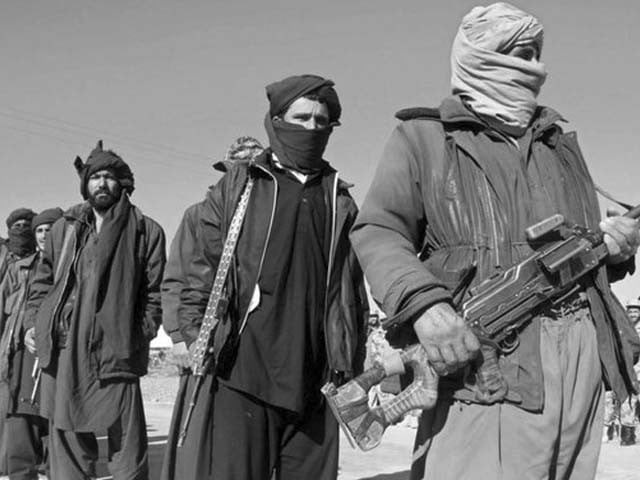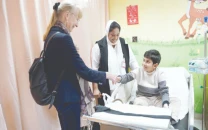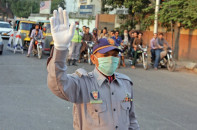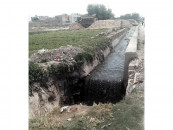‘Pakistan should avoid oversimplifying Afghan issue’
Speakers say country needs to tread carefully in the wake of recent developments

Speakers have said that Pakistan should avoid oversimplifying the threat emanating from Afghanistan and needs to deal with the situation in the neighbouring country carefully in the wake of recent developments taking place there since the Taliban seized power in Kabul.
“There seems no end to “great game” in Afghanistan and Pakistan should be careful and adopt “regional approach” by taking on board regional countries including Russian, China, Iran and even Central Asian states to move forward on the issue of Afghanistan,” these views were expressed by experts at a consultation titled “Supporting the Afghan peace process: Pakistan’s position, interests, and policy options”, organized by Pakistan Institute for Peace Studies (PIPS).
The analysts included sitting and former lawmakers, academicians, ex-ambassadors, former military officers, senior journalists and office bearers of different religious and political parties and others.
Former corps commander Peshawar and ex-ambassador Lt-Gen (retd) Muhammad Masood Aslam said that stable and peaceful Afghanistan was in the interest of Pakistan. “Pakistan’s major objective should be that how peace in Afghanistan could be ensured and for this purpose, we would have to show patience and engagement towards the entire world.”
Pakistan Tehreek-e-Insaf Senator Zeeshan Khanzada argued that the Afghan issue has had a direct impact on Khyber-Pakhtunkhwa’s security and the economy as they had suffered a lot in the past both in security and economic terms. “We want long-lasting peace in Afghanistan,” he said.
Former senator Afrasiab Khattak predicted that Afghanistan would face further destabilisation as a new great game has started there.
Read EU acknowledges Pakistan‘s role for peace in Afghanistan
“Now it is time for Pakistan to form a new Afghan policy based on the bilateral framework,” he said urging that Pakistan should resolve the Afghan refugees’ issue and should have a policy of regional integration as efforts are under way to sabotage China Pakistan Economic Corridor project.
Council of Islamic Ideology Chairman Qibla Ayaz stressed the need for religious and ulema diplomacy to engage the Taliban. He said that local nationalist parties should also be taken on board who also have influence over other groups in the neighbouring country.
Professor Zafar Nawaz Jaspal of Quaid-i-Azam University said that India and religion were two realities in Pakistan and both held major significance in its domestic and foreign policies. “It is illogical if you think that there is no proxy in Afghanistan…war economy is there,” he said.
He reminded that TTP and other militant groups were former allies of the Taliban. He said that the best option for Pakistan was to strengthen the security of its borders.
Former senator and PPP leader Farhatullah Babar said that Pakistan should not recognise the Taliban but the people of the neighbouring country should not be left alone, otherwise, there would be a spillover effect on it. He underscored the need that Pakistan should make a refugee law to settle the issue of Afghan refugees living in Pakistan.
Syed Irfan Ashraf, a teacher at the University of Peshawar, said that Pakistan was oversimplifying many things regarding Afghanistan including Afghan history, the identity of Pashtuns and threat that originates from there.
Senior journalist Haroon Rashid said that there seemed no end to the great game in Afghanistan and some militant groups present in the country could be used for a proxy war by other countries.
Former foreign secretary Inam-ul-Haq said Pakistan should avoid giving the impression that the “triumph of Taliban was its own victory” as it has little options at this front including dealing with the humanitarian crisis in Afghanistan. “Pakistan should tell the world that neither we are interlocutors nor message carriers for Taliban.”
Published in The Express Tribune, September 27th, 2021.



















COMMENTS
Comments are moderated and generally will be posted if they are on-topic and not abusive.
For more information, please see our Comments FAQ